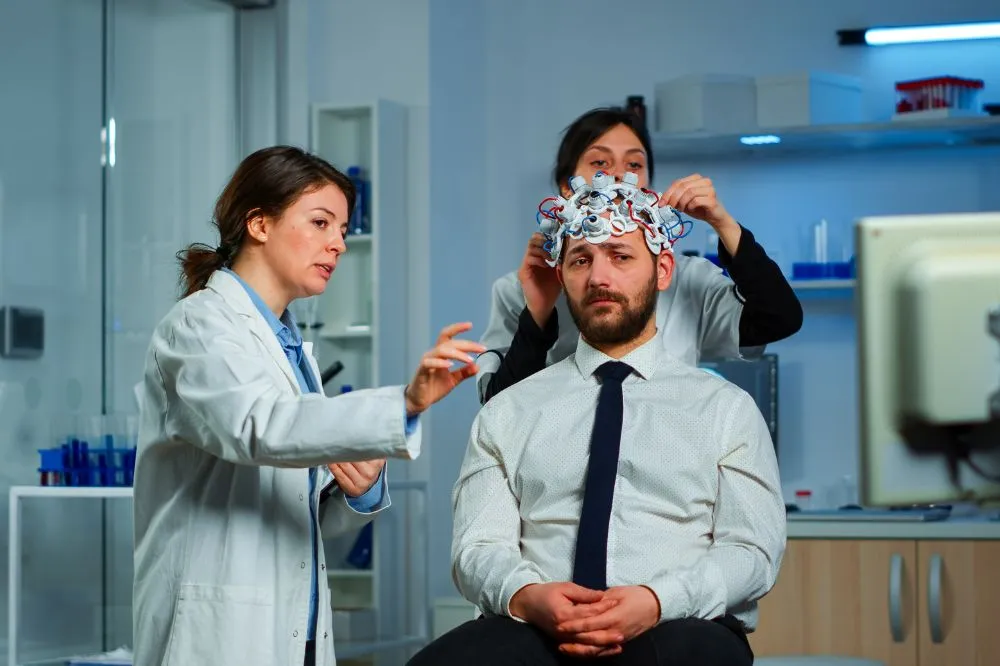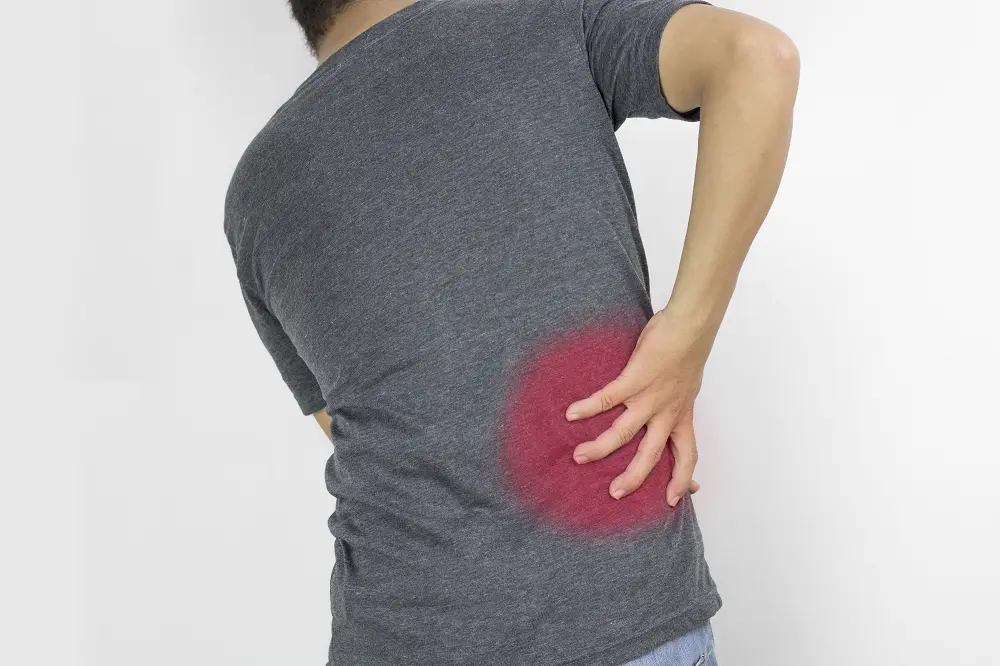Summary: Substance abuse or addiction is the leading cause of mortality among young adults. It is a highly preventable condition. However, with high relapse rates, modern addiction treatment is far from satisfactory. Thus, there is a need to find more effective ways of addiction treatment. In the retrograde study, researchers found that people with brain lesions of certain parts of the brain were able to quit smoking. They found that this was associated with some changes in brain circuits. They think that in the future, these findings may help treat addiction. Doctors can identify and then alter the activity of these brain circuits by using different non-invasive methods.
Substance abuse is the leading cause of death among young adults. It results in several hundred thousand deaths in the US alone each year. Most of these deaths could be prevented through effective addiction treatment.
However, despite years of research, addiction treatment is far from satisfactory, with high relapse rates. The truth is that most people fail to benefit from addiction treatment.
The problem with modern addiction treatments is that they do not focus on exact brain areas. Instead, doctors use different addiction treatment methods like nicotine replacement therapy to reduce nicotine cravings. Similarly, they might use drugs to reduce cravings for various other substances.
However, science also knows that brains are wired quite differently in some individuals, and they do not become addicted to substances, even after prolonged substance use.
Not only that, researchers have found that many people can get rid of their addiction or make a complete recovery after a stroke or specific brain injuries. Again, this underlines the importance of specific brain pathways or circuits in substance abuse.
Suppose science could clearly understand the role of various brain centers, and circuits in addiction. In that case, they might be able to create brain lesions through surgery or use non-invasive methods to stimulate specific brain circuits and thus help people eliminate their addictions.
A new study could confirm the role of brain circuits in addiction
This new study is a step forward in addiction treatment. Researchers could identify the connection between certain brain circuits and addiction. This study differs in the way that, unlike early studies focusing on certain brain centers, this study focused on specific brain circuits.
It means that stimulating the different parts of the brain may help get rid of addiction. However, this means that the focus must be on modulating brain circuits, not specific brain centers.
This particular study is a retrograde study. Researchers found that some individuals could quit smoking after a stroke or other brain lesions. However, they understood that this must be related to disruptions in certain brain circuits.
In the study, researchers found that although all the people who could get rid of their addiction had lesions at different locations, these locations were part of specific brain circuits. It means that it is not vital to alter the working of specific brain centers to treat addiction. Instead, doctors need to focus on specific brain circuits.
There could be many ways to alter these brain circuits, like creating lesions through surgery. However, researchers are more interested in non-invasive methods like deep brain stimulation, MRI-guided ultrasound, and transcranial magnetic stimulation. These non-invasive methods are pretty safe and can help alter brain circuits.
Researchers think they are on the right path, as understanding the role of brain circuits in various disorders can also help treat various neurological conditions. For example, it may help manage tremors associated with different brain disorders.
Researchers say that there are still some limitations to their findings. This present study mainly focused on nicotine addiction in those who suffered brain lesions. They are unsure if similar kinds of brain circuits are involved in other types of addictions like alcohol.
Additionally, these are retrograde studies in those who suffered from brain lesions due to some disease. However, researchers would need to find ways of modulating these brain circuits safely in healthy adults, to help them overcome addiction.






